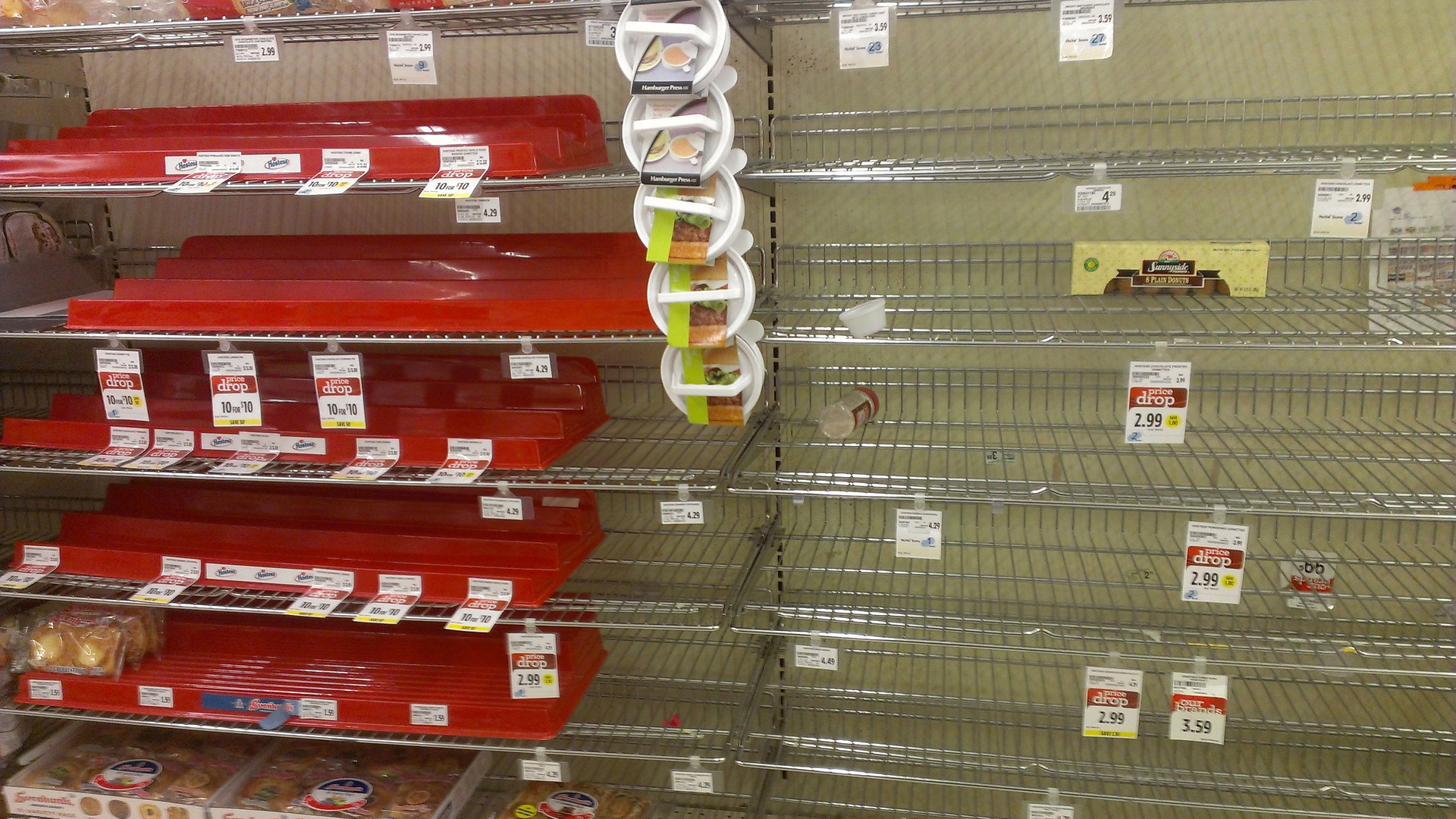Image by jbarsky0 from Pixabay
by Carie Moore
What’s on your table today? Is it what you had planned for the week? Or is it something different because what you planned for wasn’t at the store? Maybe it was homemade bread with yeast and flour that wasn’t there. Or maybe it was a roast, or bacon wrapped chicken, or possibly even frozen pizza. Have you gone to your favorite café or burger place only to be told, “Sorry, no meats”?
For those of us in ag, finding meat hasn’t been too much of an issue because we always keep some of what we raise to feed our families. That’s a perk to raising livestock. Crop producers don’t always have the option to use the crop as a direct food later in time. Either way, the products that come from farms need to be processed between the farm and the consumer. Many are missing that key factor and the extremely vital impact it has on the food supply.
Farms are everywhere, trucking companies are in almost every county, groceries and markets are where the people are, but the places that make a commodity into a product, are in centralized locations with a scheduled flow of production and a capacity for that product. If anything disrupts the mechanics of how it operates, it doesn’t take long to trickle up and down the food chain. Which is exactly what is being seen in the United States today. I think more people should have been hoarding bacon, not toilet paper!
I am also an advocate for food need in the U.S. No one should be going hungry with as much food as we raise, not to mention all that gets wasted.
Staples that are cheap and easy to stock up on during this time are things like peanut butter, jelly, bread to freeze, hot cereal, oatmeal, and pancake mix. They have not been hit yet and you can buy them extremely cheap in the bulk section of your stores. Cost, nutritional value, and great shelf lives make foods like these great alternatives when meat, vegetables, and dairy are not fully available in the amounts you are used to having. They contain vitamins, nutrients, protein, and carbs. They will keep your family fed and provide many meals in one box. It’s not a permanent solution, but in times like these we need to think backwards from our plates on the table and understand the how and why grocery stores may be void of certain foods. Understanding the process doesn’t always help the frustration, but knowledge is power. By knowing the chain reaction, you can get ahead of it and still be able to provide for you family’s needs!
I hope you all are staying well and fed throughout this pandemic and feel free to reach out to any of us in ag. We would love to speak with you about “What’s on Your Table” (or what’s not.)

Carie Moore is a farmer and mom from Rocklake, N.D. She loves tractors, coffee and pigs (among other things). Follow her on Twitter at @tractors_coffee.
